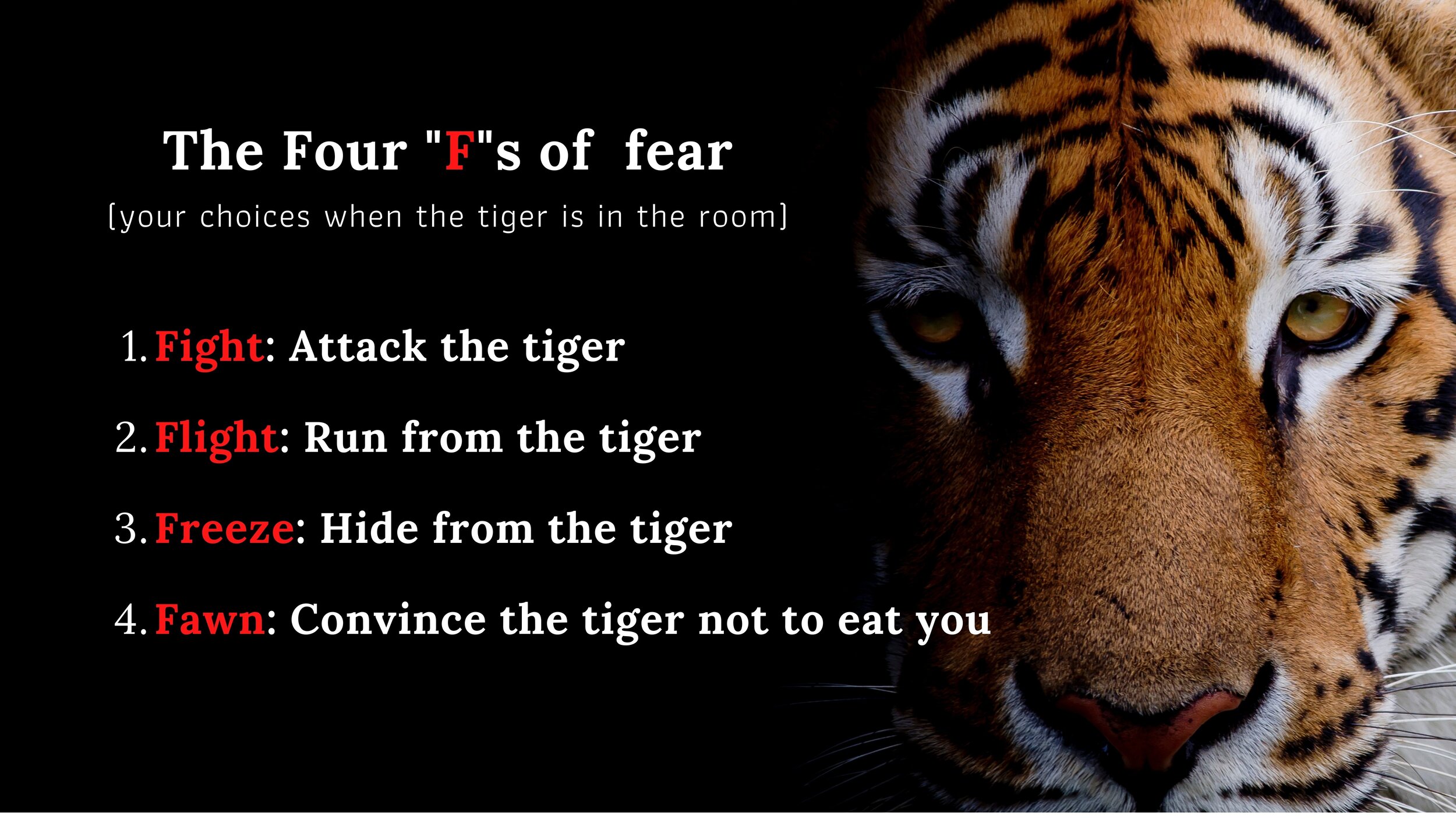Having the courage to face your fears
Having the courage to face your fears
At various points in my life, I have experienced a specific physical reaction that I haven’t truly understood, until now. It starts as a sense of unease and gradually builds in intensity. Typically, I’ll open a packet of chips at this point, and mindlessly chomp away until they are gone. I’m a counselor by training, so I know that consuming food isn’t the best strategy for emotional regulation. But I’m also human and, like taking Panadol for a headache, I’m after a fast and effective solution. Sometimes though, self-soothing with food has the opposite effect. Instead of settling my nerves, it amplifies them.
The question is… Why?
When I was training to be a counselor, I learned of a strategy for dealing with emotions which involved writing the underlying issue on a post-it note, sticking the note on a bottle of water, and placing it in the fridge. The intention, “I’ll deal with this later”. When the person is ready, they drink the water and address the issue. That’s kind of what I’m doing with the bag of chips, swallowing the emotions and dealing with them later. So why does this work sometimes and not others?
I have come to the realisation that the effectiveness of this strategy is dependent on whether I am actually prepared to deal with the issue. An issue that makes me choke on those chips, is high-stakes conflict. I want to avoid high-stakes conflict at all costs, and I want the chips to make me feel better about this decision. Put simply, they don’t!
I recently found myself in a high-stakes conflict avoidance situation and having eaten lots of chips to no avail, the penny finally dropped. The anxiety I felt every time I thought about the conversation I needed to have, was increasing. It wasn’t just the thought of the conversation that was bothering me though, it was that the longer I stayed silent, the worse the situation was getting. I was becoming increasingly resentful, and my waistline was expanding into the bargain.
What happened next was that my senses, quite literally, took over. The internal churn was like a washing machine on a spin cycle and my inner voice was yelling at me to speak up. After setting up a meeting to discuss the issues, my body relaxed. The conversation that needed to be had went remarkably well and I wondered why it had taken me so long to have it. The answer – Fear.
Stephen Covey writes that fear is a “fantasised experience appearing real”, a memory of a past experience, which when felt in the present, seems real. In other words, we imagine that the next situation is going to be like a previous one, or an amalgamation of previous experiences. Along with these imagined outcomes, we also experience emotions that would likely accompany these outcomes. The emotions we experience in fear-based situations are rarely at the pleasant end of the spectrum and this leads us to behave in certain ways. In the simplest of terms, we cycle through a range of, flight, fight, freeze, and fawn behaviours. If this has piqued your interest, and you would like to know more, check out this link.

